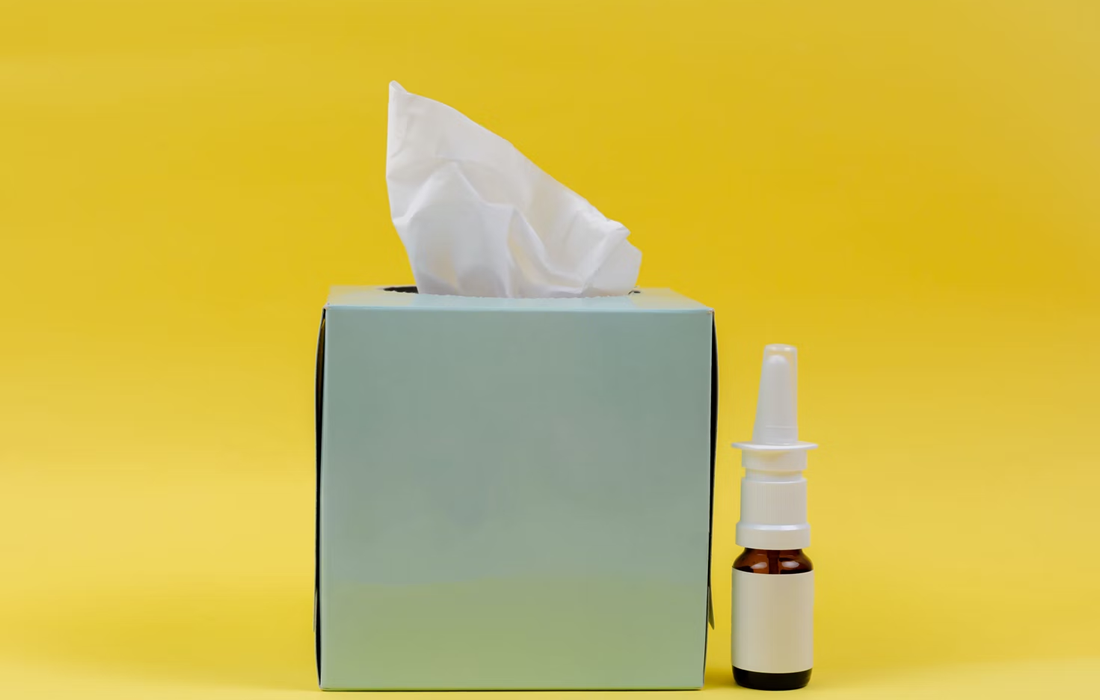Regenerative Medicine News and General Information
Correcting Nutritional Deficiencies Improves Allergy Symptoms
Nearly a third of the population in the westernized world has allergies. Some influencing factors are still under debate, such as decreased microbial exposure, personal predisposition, and/or intrinsic features of allergens considered to be relevant.
Studies have shown that the whey protein β-lactoglobulin (BLG), which is known to be a major allergen in cow’s milk, loses its allergenic properties when it carries micronutrients such as flavonoid-bound iron, vitamin A, and vitamin D.
Micronutrient deficiencies of the trace element iron, and vitamins A, D, and E have been associated with atopy, and individuals with these deficiencies are prone to develop anemia.
These micronutrient deficiencies can promote inflammation and render the immune system particularly sensitive to allergenic substances. In particular, iron deficiency signals danger to immune cells and leads to a more pronounced, exaggerated immune response.
In a recently published study, researchers have conducted a placebo-controlled trial in which they found that targeted dietary measures can reduce the symptom burden in allergic reactions. The results appear in The Journal of Allergy and Clinical Immunology.
For the study, the team gave 58 women that were randomized to receive a supplement with holoBLG lozenge or receive a placebo. HoloBLG lozenge is a β-lactoglobulin with iron, polyphenols, retinoic acid, and zinc.
The participants were evaluated before and after dietary supplementation and had blood tests for immune and iron parameters. After 6 months of study, the total nasal symptom score improved by 42% in the holoBLG group versus 13% in the placebo group.
Participants in the testing group had improved iron status with increased hematocrit values, decreased red cell distribution width, and higher iron levels in circulating CD14+ cells.
Source:
Tina Bartosik, et al. Ameliorating Atopy by Compensating Micronutritional Deficiencies in Immune Cells: A Double-Blind Placebo-Controlled Pilot Study. The Journal of Allergy and Clinical Immunology: In Practice, 2022; DOI: 10.1016/j.jaip.2022.02.028
Image from:
Photo by Diana Polekhina on Unsplash

